We trust nursing home facilities and their workers with our most vulnerable loved ones. It is a tragedy that, with almost two million Americans living in nursing home and other long term care facilities, nursing home abuse and neglect continues to be a problem. Nursing home abuse is considered to be the intentional infliction of injury that results in physical harm or mental anguish for a nursing home resident. Nursing home neglect, on the other hand, is an intentional or unintentional failure to provide a nursing home resident with the necessary care and services to prevent them from suffering harm. It hurts the heart to think that any number of vulnerable Americans are suffering such mistreatment. All too often, it goes unnoticed or unreported. To help ensure your loved one or other nursing home residents do not continue to suffer in silence and to prevent future nursing home mistreatment, it is important to be aware of the signs of nursing home abuse and neglect. These things will often go unreported by the abuse or neglect victim and so it falls to others to bring it to light.
Warning Signs of Nursing Home Abuse and Neglect
When visiting a nursing home, there will be a number of red flags to look for to see if there are any signs of abuse or neglect. Sometimes, the result of the abuse or neglect can come in the way of physical signs of abuse. Pressure ulcers, or “bed sores,” are commonly known signs of nursing home neglect. You may also see other bed related injuries. A resident may have an infection, or have experienced a fracture or head injury. These can also be signs of nursing home abuse or neglect.
You may also see signs of a nursing home resident suffering form dehydration. They may look malnourished. In fact, sudden changes in weight, whether it be weight gain or weight loss, can be a major telltale sign of nursing home neglect. The facility itself may also look unsanitary or otherwise unclear.
In addition to physical signs of abuse and neglect, there may also be emotional signs of these things. Does the resident seem agitated or upset? Are they more withdrawn than usually? These can be signs of abuse and neglect. A reluctance to speak in the presence of nursing home staff can also be a warning sign as can instances of the residence wandering off. Changes in behavior and wanting to remain isolated can also be telltale signs of nursing home abuse or neglect.
Philadelphia Personal Injury Attorneys
It is heartbreaking to think of the abuse and neglect that may be going on in nursing homes across the country. It is up to all of us to remain informed of what this might look like and speak out accordingly. The team at Cooper, Schall & Levy fights against such deplorable treatment of nursing home residents. We fight to hold abusers accountable and for victims to be properly compensated. Contact us today.

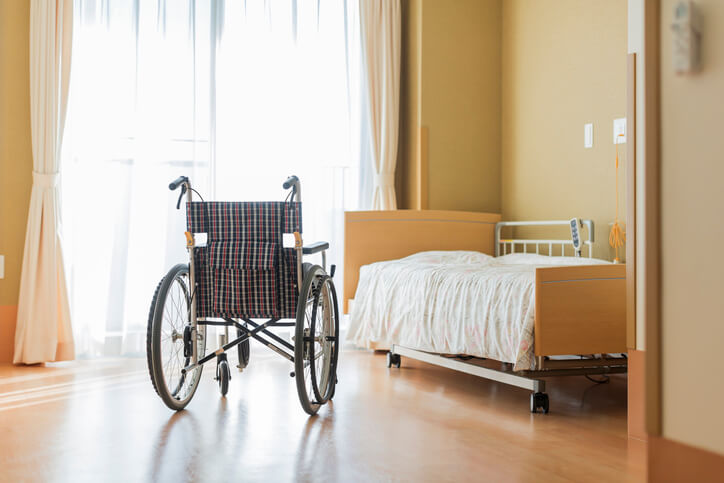
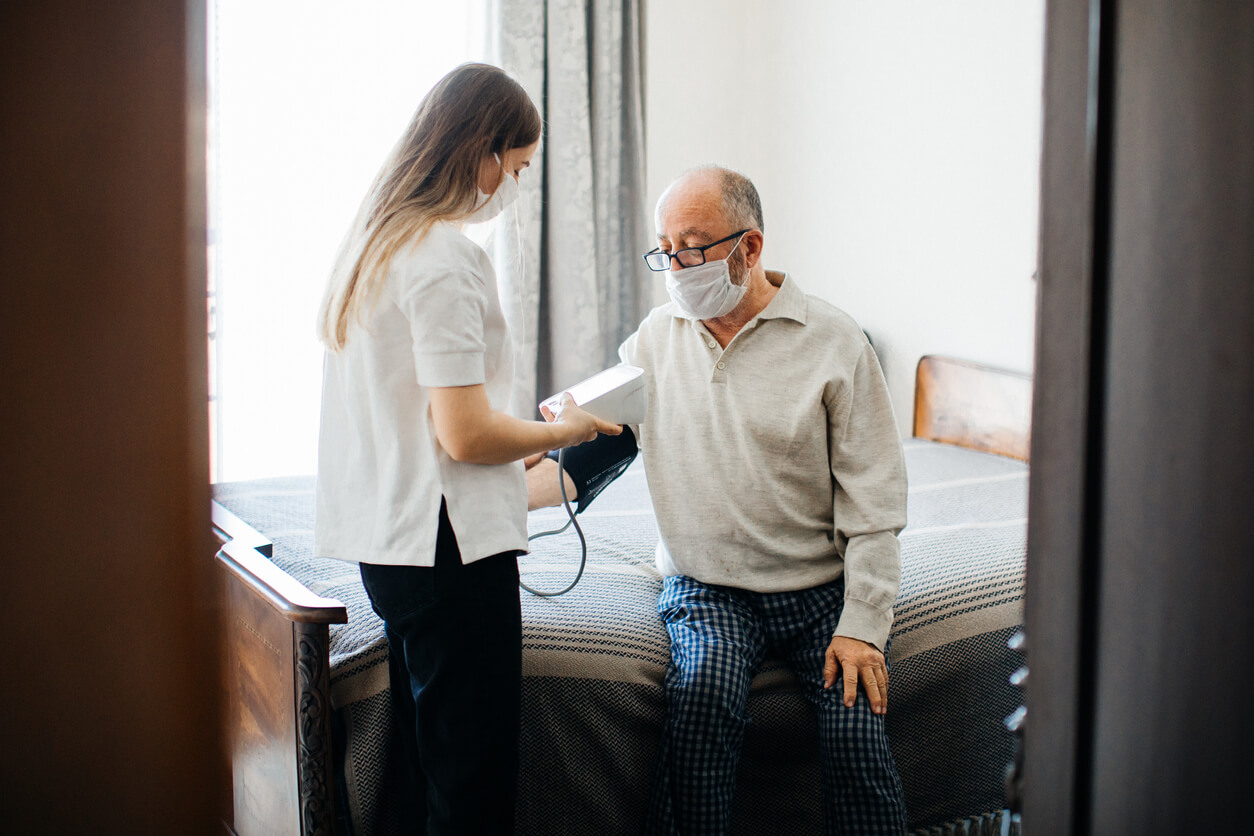
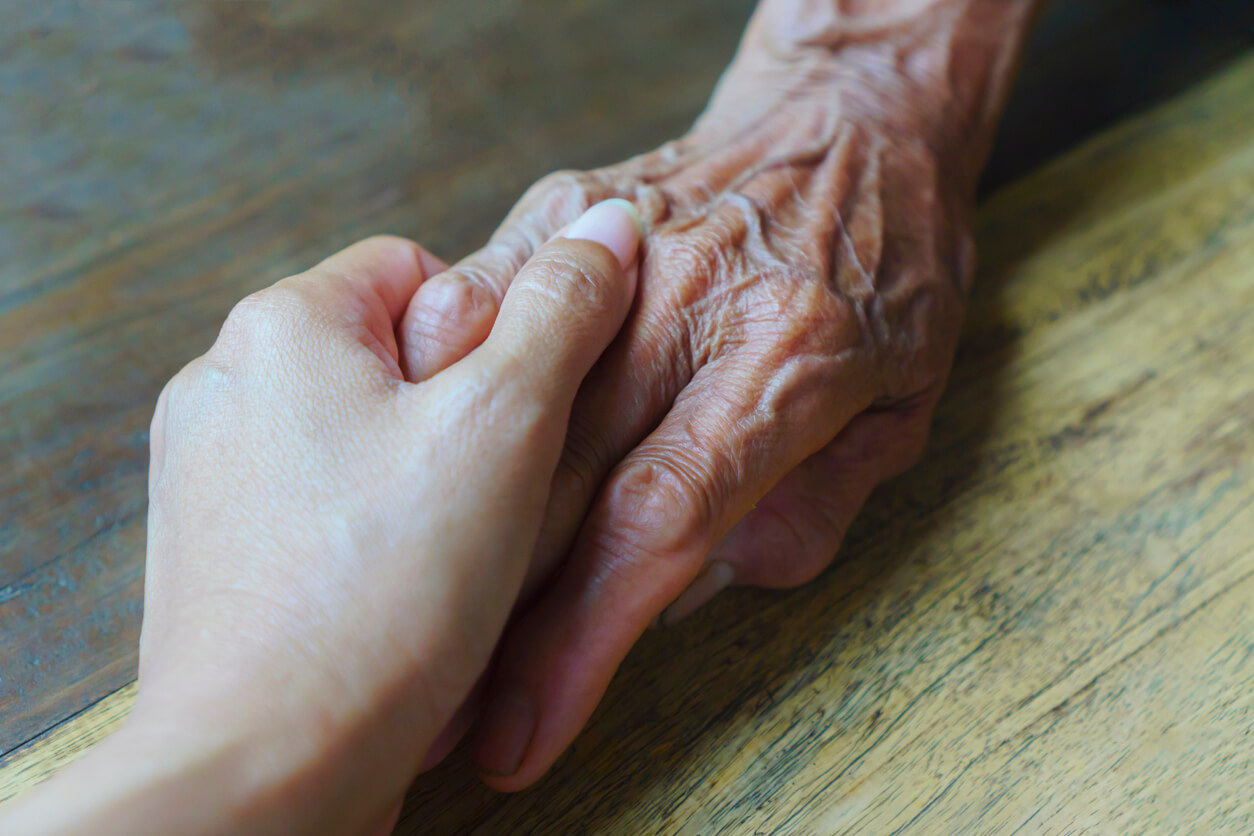
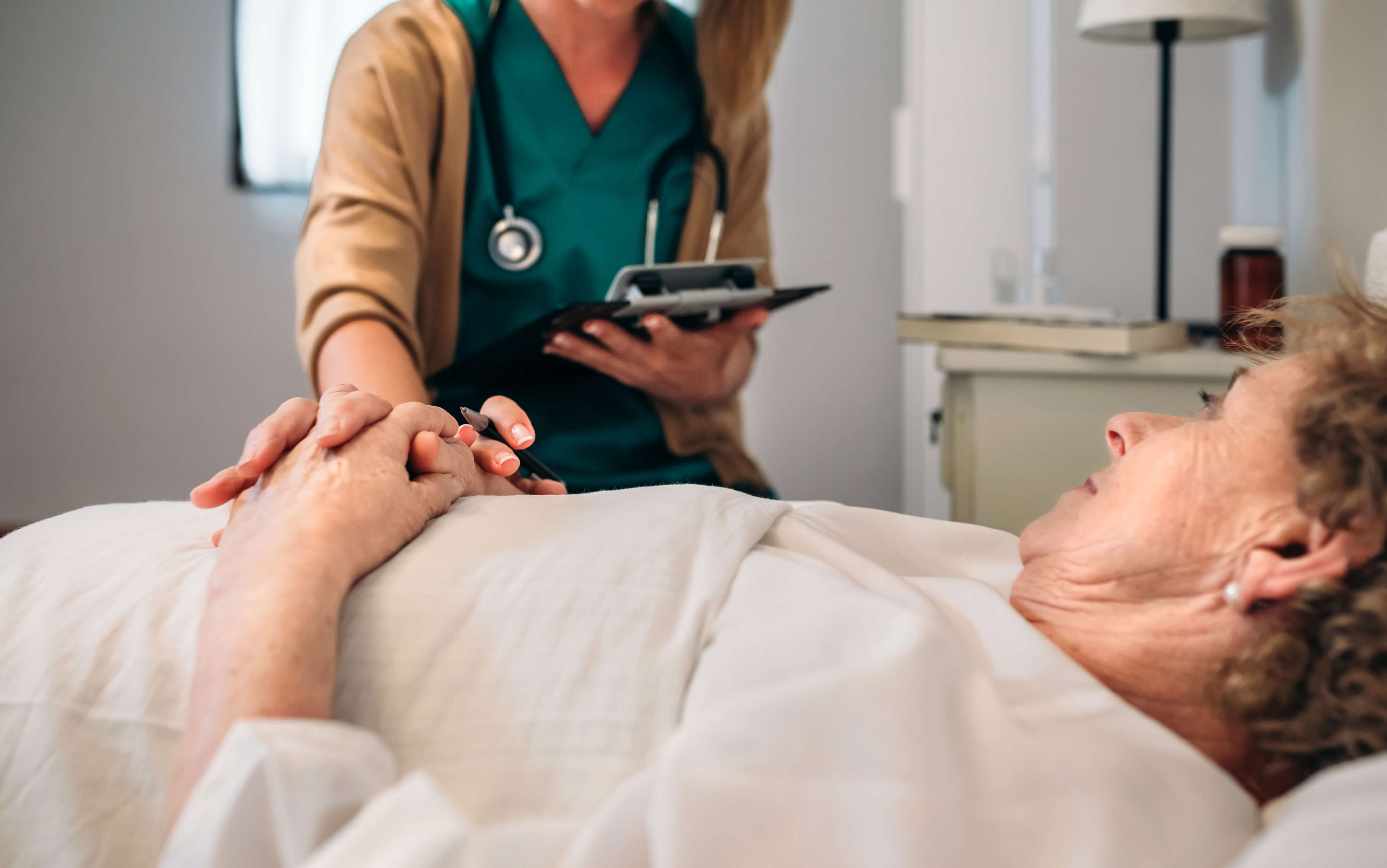
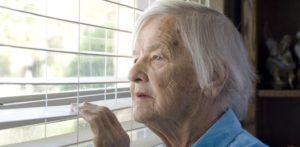 Tragically, nursing home abuse is more common than many people realize. According to ABC News, abuse occurs in around 35 percent of nursing homes across the United States.
Tragically, nursing home abuse is more common than many people realize. According to ABC News, abuse occurs in around 35 percent of nursing homes across the United States.